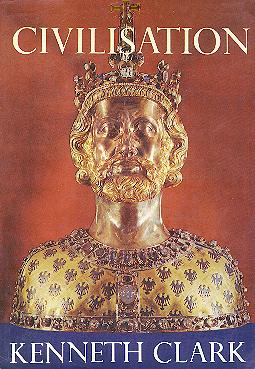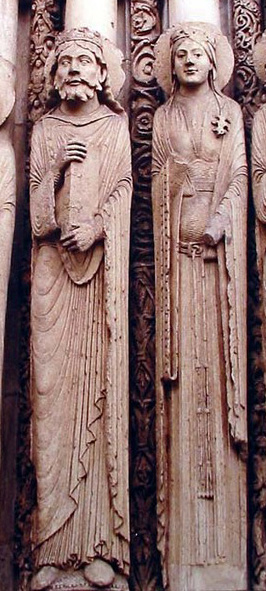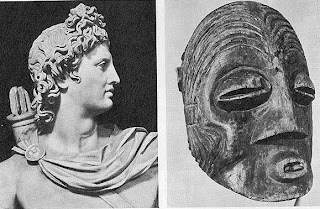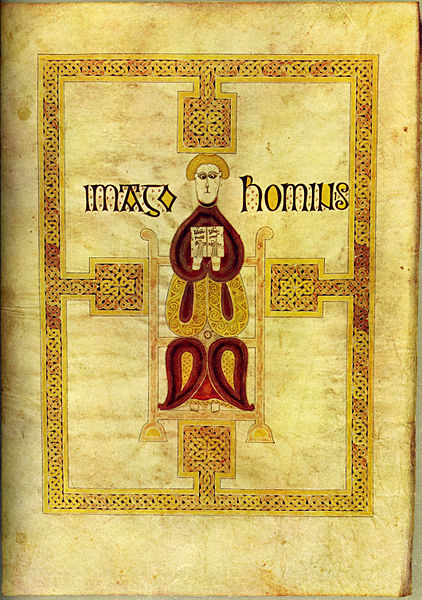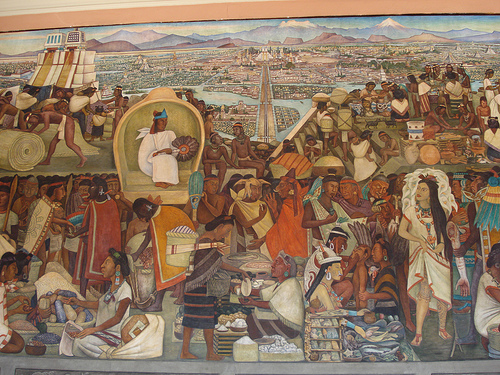or:
Does it take an Iranian immigrant to the States to promote Westerners to realize this heritage?
Yesterday Greg Johnson did not let a comment of mine pass through in the comments section of an article titled “White Rock,” id est, rock for the white people. Well, I was not the author of that comment. I limited myself to copy and paste an article originally titled “Being White and Listening to ‘White Power’ Music” by Iranian for Aryans, published in 2004 but probably written in 2002:
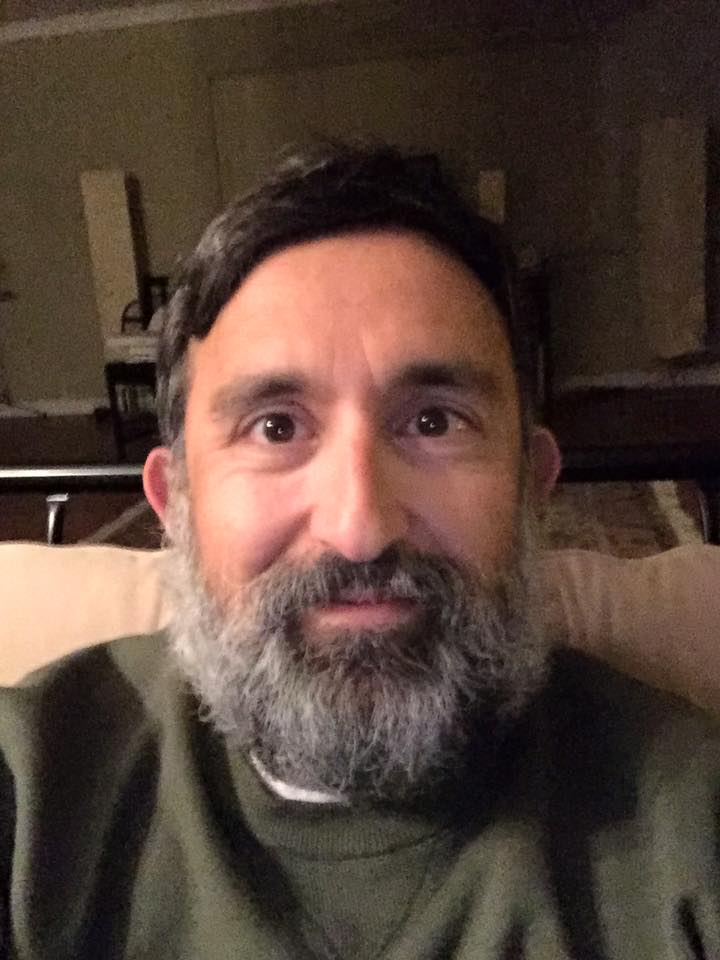 Twice in recent weeks, Mr. Kevin Alfred Strom has inundated his American Dissident Voices listeners with White Power (WP) or Resistance Music. This is being touted as a new pro-White media, an “alternative” to Jewish anti-White Music.
Twice in recent weeks, Mr. Kevin Alfred Strom has inundated his American Dissident Voices listeners with White Power (WP) or Resistance Music. This is being touted as a new pro-White media, an “alternative” to Jewish anti-White Music.
Well, fellow Westerners of a common heritage—if there are any out there!—WP music is not and should not be thought as “White Music.” WP music has its roots in Rock ‘n’ Roll which in turn is a Jewish cacophony of ugly and bestial noise. Jazz, and Rock ‘n’ Roll are Jewish to the core, and WP music takes up these same tunes, thumps, and bangs and adds “pro-White” lyrics to it, trying to make a heap of dung into something worth fighting for. There is nothing beautiful about WP music.
If we need to get back to our European (and essentially Nordic, Aryan) culture, then we need to re-learn the past musical traditions. We need to re-invoke the Trinity: Bach, Mozart, and Beethoven, in addition to others. These composers should not remain mere names to Whites who want to re-instill their lost heritage! These are names which should send shivers down one’s spine, which should make a man develop a feeling of mysterious, religious zeal and awe upon hearing just the names of these Titans.
Bach is the Soul of the West, his Mass in B-minor is a call to a Religious Awe felt for, traditionally, the God of the West.
Mozart is the earthly manifestation of the Divine Spirit, the joie de vivre, the music of sprightly Imps.
Beethoven is not a St. Bernard but the Overman of the West, the Eternal Fighter and Conqueror, the healthy and robust warrior of the Spirit of the Occident, a veritable Conan.
How can one—EVER!—listen to anything else when we still have this part of our heritage available to us and not outlawed? How can Mr. Strom play WP music when there are the Masters? Does it take an Iranian immigrant to the States to promote Westerners to realize this heritage? I listen to European Music day-in-day-out! It is my bread and butter! How can one listen to Dresden or Screwdriver with their numerous tattoos, shaved heads, and Nazi t-shirts when there is a plethora of composers that awaits discovery? How many of our people know about Palestrina, Buxtehude, and Purcell? What about Verdi, Leoncavallo, and Mascagni? May the Gods look favorably upon us, since culturally, we’re even inferior to “niggers.” At least blacks have their drum beats and their go-go music, while we—literally—ape them and if not, our “enlightened” White constituency and leaders, for the most part, fill this lack of true Western musical heritage with WP music. We know more about Max Resist than we do about Mussorgsky!
Be that as it may, let fairness reign. I admire the artwork on Mr. Strom’s webpage immensely. He has a great taste in the Romantic Art (Pre-Raphaelites, Bougeureau, et al.), but to serve two gods—one of Europe and the other of WP music—is, to me, unacceptable.
I, an Iranian by blood and birth, who fell in love with the majesty and creative ability bordering on the cosmic, of Nordic Man, had European Music as the impetus, the building-block, the diving-board for the development of a total, and uncompromising love for the White Race. Bluntly, I started loving the White Race mainly for its Musical creations. Ever since I started listening to Chopin and Bach back when I was twelve, I knew that there was something transcendental about this music, and hence, its creators. With the help of the correct books and personal, empirical interactions amongst blacks and other non-Whites, I developed a Weltanschauung that promotes the Goose that lays the Golden Egg. Readers, you know of what I speak.
Folks, if you call yourselves White, and care about your White heritage in more than just words, then get rid of the skinhead music, nay, ritually burn the WP music CDs, go to your public library, and soak up the European basic fare, such as the Bach Brandenburg concerti, Chopin etudes, Vivaldi concerti, Mozart symphonies, etc. Do it! We cannot afford to be cultural niggers. For no better reason, there is Heaven to be found in European Music. One cannot genuflect to two gods: it’s either Haydn or Hell!
* * *
In “A Response to My Critics and Why Do I Care About Aryans?”, Iranian for Aryans wrote:
I thank the few people who came to my support in this music debate concerning WP music and the traditional music of the West. I do not want to argue, but let me just reiterate that once one has listened to, understood, and loved the Masters, one can’t invoke Metallica, the Beatles or WP music. (Sorry, but Metallica drum beats point to their African heritage, and also, heavy metal’s spirit is one of dissolution, and consequently, was very much promoted by Jews.) This is a dichotomy that can’t exist in my mind.
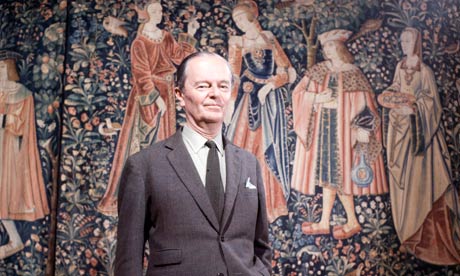 By “art” I mean an evolved sense of beauty which is almost completely absent in today’s nationalists. Most of them are quite a product of Jewish modernity whether with their music, lifestyles or Hollywood tastes, to a much greater degree than what they think. For nationalism to succeed an evolved sense of female beauty has to be the starting point to see the divine nature of the white race. In Clark’s own words, “For all these reasons I think it is permissible to associate the cult of ideal love with the ravishing beauty and delicacy that one finds in the madonnas of the thirteenth century. Were there ever more delicate creatures than the ladies on Gothic ivories? How gross, compared to them, are the great beauties of other woman-worshiping epochs.”
By “art” I mean an evolved sense of beauty which is almost completely absent in today’s nationalists. Most of them are quite a product of Jewish modernity whether with their music, lifestyles or Hollywood tastes, to a much greater degree than what they think. For nationalism to succeed an evolved sense of female beauty has to be the starting point to see the divine nature of the white race. In Clark’s own words, “For all these reasons I think it is permissible to associate the cult of ideal love with the ravishing beauty and delicacy that one finds in the madonnas of the thirteenth century. Were there ever more delicate creatures than the ladies on Gothic ivories? How gross, compared to them, are the great beauties of other woman-worshiping epochs.”